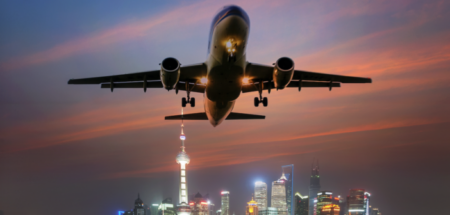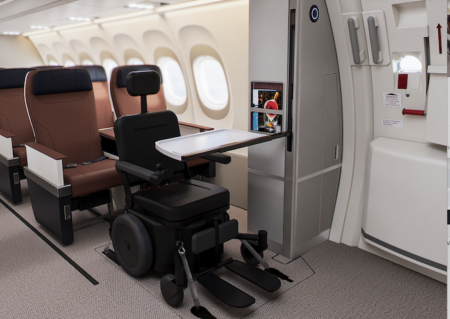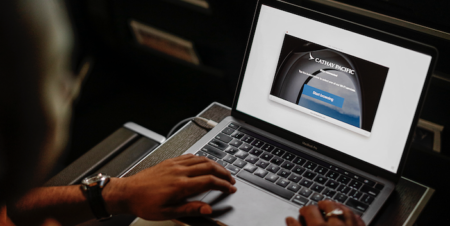The Baltic Air Charter Association (BACA) has issued a set of guidelines regarding the use of wi-fi networks while travelling on-board business aircraft. Most new aircraft have wi-fi fitted as standard, while many older aircraft are being retrofitted to meet customer connectivity demands. The shift in wi-fi enabled aircraft is particularly rapid in the USA, and Europe is expected to follow.
The significant growth in the number of aircraft operators that offer on-board wi-fi networks has meant that many passengers are not aware of the risks and costs involved in using such a service. In seeking to offer BACA members a set of industry standards and terms of use, the Association has recognised that there is a need for a set of guidelines regarding wi-fi usage.
According to BACA, it is vital that brokers keep on top of technological and other service developments, and that any potential hidden costs of a charter are considered and dealt with in advance. Hidden costs can cause friction in relationships with operators and customers, and can very quickly erode margins on charter deals if charges are borne by the broker. Hourly rates of up to US$10,000 have been charged for high usage of in-flight wi-fi.
The BACA document makes nine recommendations and procedures regarding the use of on-board wi-fi and is available to all BACA members. The document has been compiled in association with Stevens and Bolton LLP, a firm of solicitors specialising in the aviation market.
BACA chairman Tony Coe commented, “The phenomenal increase in on board wi-fi usage and the implications this brings, means that we felt it was time that a series of guidelines was issued and industry standards are set. I believe the document covers every aspect of wi-fi usage and presents a comprehensive overview of the current situation.”




